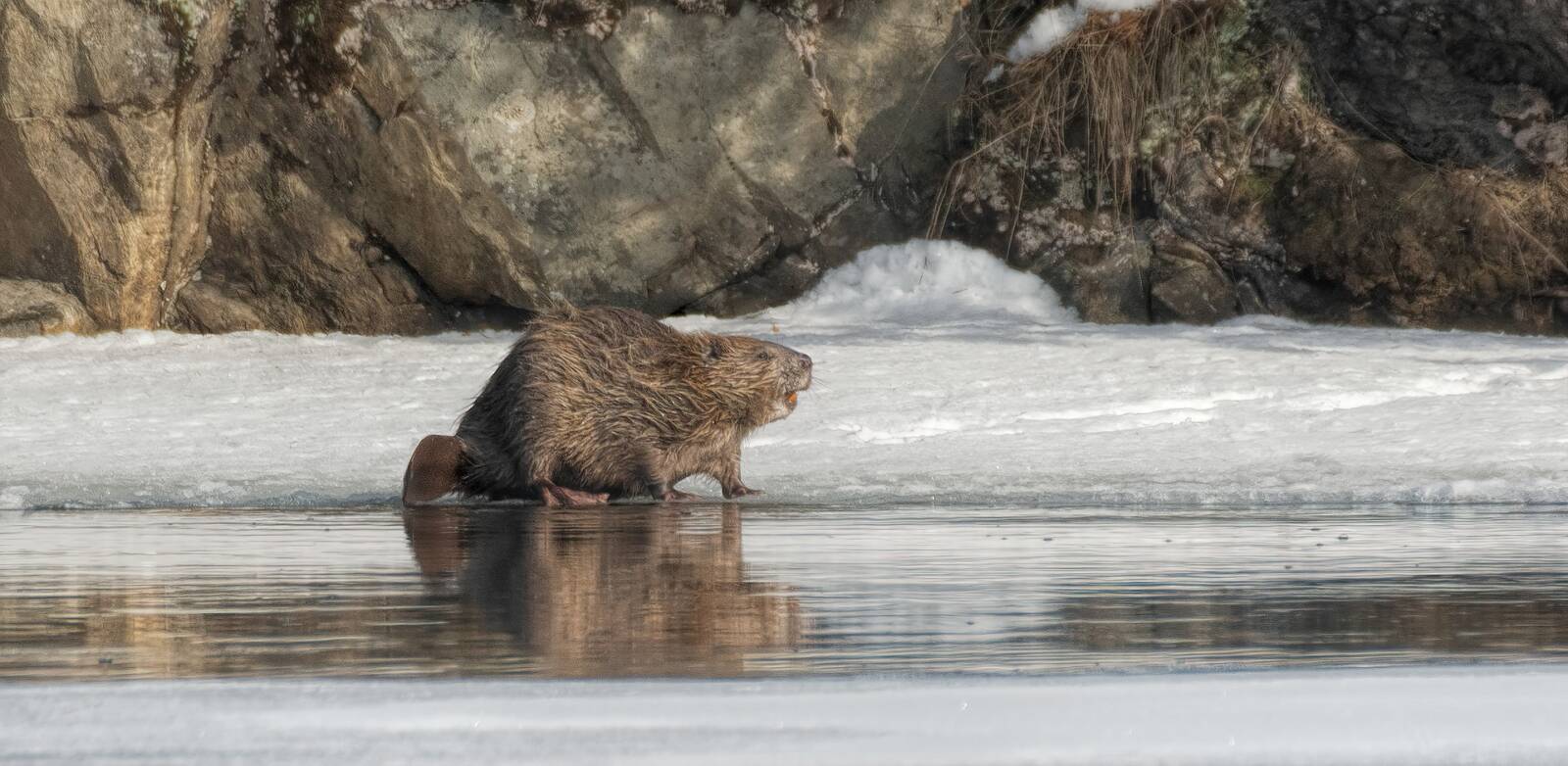As the crisp Finnish winter sets in, the picturesque landscapes of Ruka provide the perfect backdrop for the convergence of minds at the GamiFIN 2024 conference. Among the attendees is Linas, a CONVERGENCE doctoral researcher, whose intriguing paper delves into the fascinating realm of “beaver-play.”
GamiFIN, a leading international conference for gamification research, is a hub for scholars and enthusiasts alike to explore the multifaceted aspects of gaming. Chaired by esteemed figures in the field like Professor Juho Hamari (our PI) and Assistant Professors Oğuz ‘Oz’ Buruk and Nannan Xi (our supervisors), the conference promises stimulating discussions and insights into the world of gamification.
Linas’s paper offers a unique perspective, introducing the concept of “beaver-play” to understand how play challenges spatial conventions, transgresses boundaries, and redraws territories. Drawing from diverse contexts such as experimental rewilding practices, performance art, and video games, Linas takes us on a journey to explore the intricate nuances of this phenomenon.
At the heart of Linas’s exploration lies Timberborn, a popular city-building game where players take on the role of beavers. Through meticulous analysis, Linas identifies three distinct modes of beaver-play: more-than-human concerns, crossings, and flows. These modes not only shape the gameplay experience but also serve as a gateway to understanding how players interact with digital spaces.
One of the most intriguing aspects of Linas’s research is the emphasis on the players’ relationship with the environment, particularly the river. The constant process of territorializing and deterritorializing by the river highlights the dynamic nature of play and its impact on spatial organization.
Furthermore, Linas employs sketching as a method to annotate and analyze play, demonstrating how it can be a powerful tool for understanding complex phenomena in digital spaces. By intertwining the practices of playing and drawing, Linas unveils a process of more-than-human cartography, where video games become performative spaces for meaning-making beyond human boundaries.
As Linas presents his findings at GamiFIN 2024, attendees are invited to embark on a thought-provoking journey into the world of “beaver-play.” Through his meticulous research and innovative approach, Linas challenges us to reconsider the way we perceive and engage with digital environments.
In the midst of the conference’s bustling atmosphere and engaging discussions, Linas’s paper serves as a reminder of the boundless possibilities that await exploration in the realm of gamification. As attendees immerse themselves in the Finnish scenery and the vibrant academic community, they are reminded of the transformative power of play and its ability to reshape our understanding of the world around us.

GamiFIN 2024 promises to be a platform for groundbreaking research and spirited dialogue, and Linas’s paper is undoubtedly a highlight of the event. As scholars and enthusiasts gather to celebrate the convergence of gaming and academia, they are reminded of the endless potential for innovation and discovery in the ever-evolving field of gamification.
Lead photo by Pixabay/janeenga; Presenter photo by Çağlar Genç


